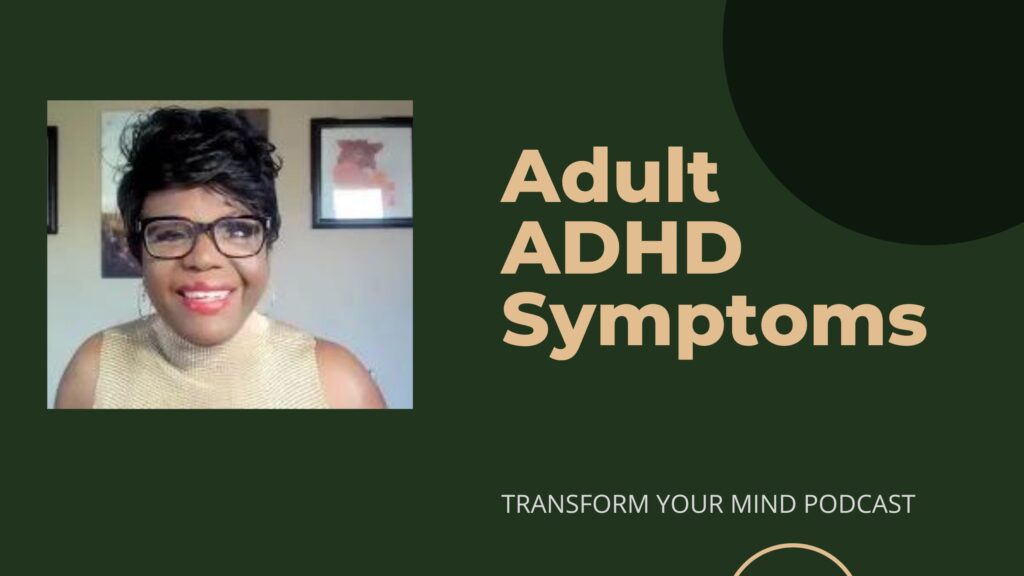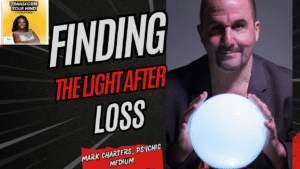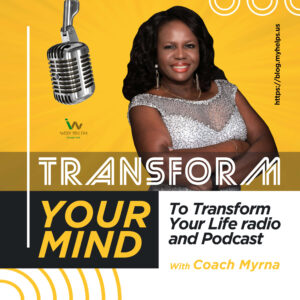We most often associate, ADHD, with children; but statistics show that 60% of childhood, ADHD, transforms to, adult ADHD.
We as have seen or been parents to the child who never stops or sits down.
In addition to never sitting down they are also:
Symptoms of Childhood, ADHD
- Are impulsive
- Have trouble focusing
- Have trouble managing their emotions
- Have difficulty remembering information
- Don’t start tasks (or don’t finish them)
So how does it feel to be in a relationship with someone with, adult ADHD?
Here is one woman’s story af adult adhd
I dated 4 men with, adult ADHD, or ADD. One was predominantly hyperactive; two inattentive, one likely mixed. I fall under the vagueness of “mixed” myself, which means I show characteristics of hyperactivity — the impulsiveness, the occasional non-stop talk, the rash decisions — and inattention: the fuzziness, the daydreaming, the drifting off mid-conversation.
I learned the, ADHD, tricks early on like, touching him when I needed his attention and he was working. I learned to move my fingers from his face to mine — the universal signal for eye contact — when he began to drift off.
The two inattentive men, naturally tended toward household chaos, an inability to finish projects, and a desperate need for legal stimulants.
Understanding is the key to calming the chaos in the relationship.
Adult ADHD symptoms
I’m curious about, Adult ADHD symptoms. Does kids with, ADHD, become adults with, adult ADHD?
For clarity let’s make sure people understand the acronym for, ADHD, attention deficit hyperactivity disorder. Individuals can have, attention deficit disorder, without the hyperactivity and that disorder is ADD. Things to keep in mind about, attention deficit hyperactivity disorder, or, Adult ADHD, is that, yes you can have, ADHD, in childhood and about 60% of kids grow up still having the same symptoms and become, adult ADHD. One of the interesting pieces about this is that it’s important for folks not to misconstrued information about what they’re seeing the adult exhibit. Certain characteristics of, Adult ADHD, can mimic other disorders like for example Thyroid disease.
Does the 40% of kids who don’t have, adult ADHD, become cured?
Not necessarily , they could have developed coping skills to manage the, ADHD, behavior so the symptoms were minimized. They could have also learned strategies on how to behave or how to compensate for the symptoms.
What are the different types of, Adult ADHD?
When you look at the diagnostic and statistical manual that psychologists use. It gives you clarity on how, Adult ADHD, is diagnosed. There are different types 3 types of symptoms that we see in, ADHD.
- Inattention
- Impulse Control
- Hyperactivity
We have to go through the process and can’t have people diagnosing themselves or their children or anyone else with the disorder. Sometimes you have symptoms because people don’t have appropriate amounts of minerals in their body or they might be subject to low levels of magnesium. Things like that or people might have other diseases that might mimic, ADHD symptoms, so get these things ruled out with blood work.
ADHD in adults could mean you have an, ADHD, partner.
Here is what happening in their brain. What exactly is happening in the brain to cause someone to develop symptoms of Attention Deficit Hyperactive Disorder?
The Adult ADHD brain has impaired activity in four functional regions of the brain.
- Frontal Cortex. This region controls high-level functions: …
- Limbic System. This region is located deeper in the brain. …
- Basal Ganglia. …
- Reticular Activating System.
Sponsored AD
Are you a high-achieving woman of color who struggles with imposter syndrome, procrastination, and self-sabotage?
Are you tired of going to bed each night hoping that tomorrow will be a better day, only for it to be more of the same?
Are you sick of empty affirmations that make you feel good but don’t actually lead to change?
Are over being shamed and yelled at to “do the work!” with no insight as to HOW to get it done?
If you answered “yes” to any of these questions, then friends, check out the Productive on Purpose podcast. this podcast is for you! Search “Productive on Purpose” on your favorite podcast player to listen today!
Oh, and if you struggle with procrastination, go to planning.productivepurpose.com to download your free “Planning for Procrastinators” guide. It’s time to start walking in our purpose, y’all.

Adult ADHD test
To test for, adult ADHD, one has to look at the functions of the brain. The neurotransmitter in the brain is affected in ADHD. The prefrontal cortex is responsible for how we organize our cognitive flexibility and being able to control ourselves and things that come into our frame of reference.
The Basal Ganglia helps to regulate communication within the brain, sending signals from one neuron to the other and is responsible for our motor control movement. The Basal Ganglia is also responsible for regulating emotional volatility and the Reticular Activating System is our major relay system. It controls the many pathways that enter and leave the brain and is responsible for arousal and consciousness.
Dr Gray who is the author of Men Are from Mars Women Are from Venus wrote an article in which he claims that men with, Adult ADHD, have problems committing to women because of the disorder. Do you agree with that statement?
No, not at all. I think there are other reasons that men can’t commit to women. Dr Gray is trying to give these men a pass. I would love to see his research.
Does, ADHD, medications cure the disorder?
Medications for, ADHD, are non-stimulant and stimulant meds depending on what the individual the parents would choose. I always think of other Alternatives besides the use of pharmaceuticals. I would rather use in a non-medication treatment or neuro feedback to help with symptoms of, ADHD. Bio feedback can cure the disorder, medication just masks or controls but never cures.
if you give anyone who clearly has, ADHD, attention deficit hyperactivity disorder, medication for 6 months and the other Bio Feedback for 6 months, you will see the difference in the treatment results.
Sponsored AD
Did you start your New Year’s resolutions yet? I bet there’s one missing that you should add right now: find a greater sense of purpose in your life. To do that effectively, you need to understand the eight key components of living with purpose.
The new book, The Meaning of Life: A guide to finding your life’s purpose by Nathanael Garrett Novosel, is a complete step-by-step walkthrough of how humans derive meaning from their existence. This book helps you to identify what really matters to you in life, define a clear plan of going after what you want, and grow toward fulfilling your true calling.
Best of all, this book does not tell you how to live your life or which goals you should have. Instead, it helps you figure it out for yourself. ..That’s what you really want—someone in your corner helping you make sense of your life, not someone with their own agenda telling you what to do.
This book is a life-changer, and I recommend you go out and get it now. The Meaning of Life: A guide to finding your life’s purpose by Nathanael Garrett Novosel. Available now on Amazon, Barnes & Noble, and Apple Books. Order today!

Does internet pornography rewire men’s brain to have, Adult ADHD?
I came across an article from Dr Gray and he was specifically talking about men who develop, Adult ADHD, because of pornography. He said pornography is re wiring men’s brain and causing them to develop, ADHD. He said pornography also blocks love and connection with their partner.
https://wellnessforce.com/dr-john-gray-adhd-brain-health-sex-addiction/
Shocking Facts About ADHD
- One out of ten American children have been diagnosed with ADHD,
- One out of seven American women over 55 will develop dementia,
- Statistics reveal a greater risk of ADHD in children of divorced parents, particularly when boys are missing the regular influence of their fathers or their mothers are unable to find happiness
Additional Resources Adult ADHD
https://myhelps.us/understanding-mental-illness-my-bipolar-life/











One Response